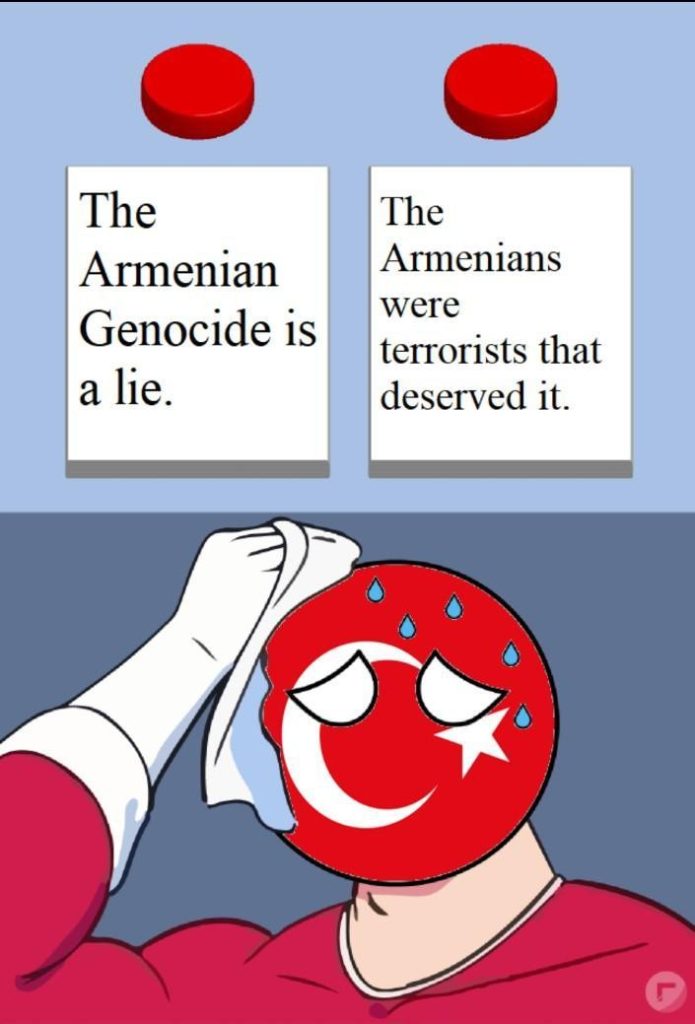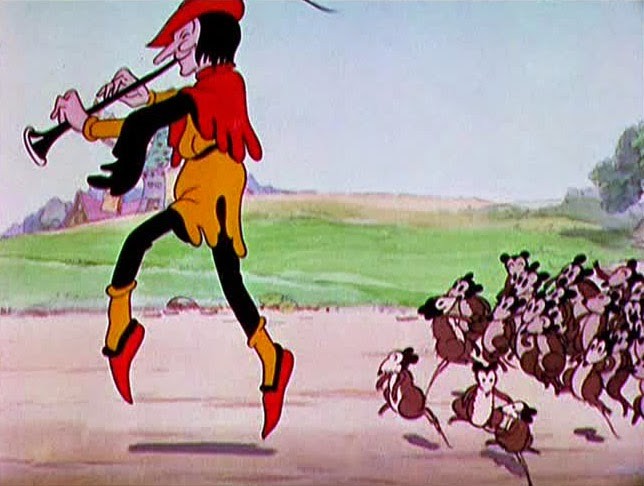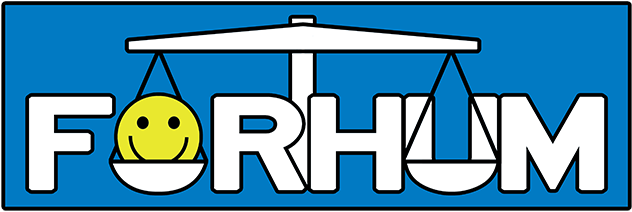

Satire or Islamophobia? The “Daily Struggle”
Mode of expression: Meme
Publication: Facebook page
Region: United States of America
Relevant dates: December 2020 (meme posted and removed); May 2021 (Meta Oversight Board decision)
Outcome: Oversight Board reverses Meta’s decision; meme is reinstated
Judicial body: Meta Oversight Board
Type of law: International Human Rights/ Facebook Community Standards (Hate Speech policy).
Themes: Dark Humor / Hate Speech / Satire
Context and legal case
In December 2020, a Facebook user posted a version of the “two buttons” meme, also known as “the Daily Struggle” meme, in which a character (whose face is the Turkish flag) tries to decide which one of two buttons to push. One is marked “The Armenian Genocide is a lie”; the other, “The Armenians were terrorists that deserved it.” The meme is preceded and followed by a “thinking face” emoji.
After being flagged by a user, Facebook removed the post under its Cruel and Insensitive Community Standards, and later reclassified it as breaching the Hate Speech Community Standard. The user appealed to Facebook on the grounds that it should not censor historical events, explaining that the meme was not meant to offend but rather to show the irony of the conflicting arguments. The user understood that the subjectivity of humour meant some people would find it offensive but others might find it funny. It was selected for review by the Meta Oversight Board (an independent group of experts which assesses moderation decisions). The Oversight Board overturned Facebook’s decision to remove the meme. A majority of the Board decided it fell under Facebook’s exception for content condemning or raising awareness of hatred.
Analysis
This was the first satirical case which the Oversight Board reviewed. A civil rights group had recommended that Facebook should remove its exception for humour in hate speech because “humor was not well-defined and was largely left to the eye of the beholder” and establish a narrower exception for satire. Satire was defined as content that “includes the use of irony, exaggeration, mockery and/or absurdity with the intent to expose or critique people, behaviors, or opinions, particularly in the context of political, religious, or social issues.”
When the Oversight was considering this case, they noted that the exception was not included in the platform’s publicly accessible Community Standards. Facebook reasoned that satirical intent had to be indicated clearly for a humorous post to qualify for the exception and if it was not then content could still be removed.
The majority of the Board argued that the meme was covered by the satire exception. They claimed that the user’s intention was clear: the post condemned hatred and raised awareness about the Turkish government’s denial of the Armenian genocide while simultaneously trying to justify the atrocity. However, the minority of the Board did not think it was so clear cut. They believed that the user might be sharing the content “to embrace the statement rather than to refute it,” arguing that this would therefore violate the Hate Speech Community Standard. The minority felt that the user’s intent should have been made explicit, while the majority felt that satirical effects would be lessened if users had to be explicit.
The Board overturned the decision to remove the meme finding that it was political commentary and should be protected as artistic expression under international rights law on freedom of expression. In non-binding policy advice, the Board recommended that Meta put procedures in place to assess satirical content within its relevant context, in order to recognise when users share hateful content to condemn it and raise awareness (as opposed to promoting hateful ideologies). Meta has since incorporated the satire exception publicly into both the Hate Speech and the Dangerous Organisations and Individuals Community Standards.
Human rights advocates have worried that online platforms’ ability to remove content by applying less strict standards means that there is a possibility of overreach. This could lead to a stultification of freedom of expression where the content is contentious and the target not immediately identifiable because of the use of satire or irony.
Implicit hate speech: The Player from Čavoglave and the rats from Knin
Mode of expression: Animation
Publication: Facebook page
Region: Croatia, Europe
Relevant dates: December 2021 (posted); January 2022 (removed); June 2022 (Oversight Board decision)
Outcome: Oversight Board reverses Meta’s decision; the video is taken down
Judicial body: Meta Oversight Board
Type of law: International Human Rights/ Facebook Community Standards (Hate Speech policy).
Themes: Discrimination/ Hate Speech/ Incitement to hatred
Context and legal case
The Meta Oversight Board selected for review a December 2021 Facebook post which uses and modifies Disney’s “The Pied Piper” cartoon. The cartoon was posted in on the page of a Croatian news portal known for anti-Serb attitudes. The post raised 397 complaints. It was reviewed by an estimated forty Croatian-speaking moderators who concluded that the video did not violate Meta’s Hate Speech Policy. After Meta decided to take no action, a user, who had originally reported the content, appealed this decision to the Oversight Board.
The cartoon incorporates a Croatian caption which translates as “The Player from Čavoglave and the rats from Knin.” The sign at the entrance to the city of Hamlin is overlaid with a sign for the Croatian city of Knin. A Croatian voiceover describes how the rats decided that they wanted to live in a “pure rat country” and started harassing and persecuting the local people. The piper arrived and led the rats out of the city and took them away by tractor, an implicit reference to a Croatian military operation which resulted in the execution and disappearance of ethnic Serbian civilians. The narrator concludes, “everyone lived happily ever after.” The Oversight Board believed that the implicit references were a glorification of violent ethnic cleansing which could encourage people to feel justified in attacking Serbians.
In January 2022, Meta decided that the post violated the spirit of its Hate Speech policy (but did not consider it to violate the letter of the policy) and removed the post. Meta later changed its mind, concluding that the post violated the letter of the Hate Speech Policy, arguing that all previous reviews were in error.
Analysis
In deciding these cases, the Oversight Board turned to international human rights standards and its responsibilities as a business. Its Corporate Human Rights Policy includes the International Covenant on Civil and Political Rights within which is Article 19 – Freedom of expression. It looked to the “three part test” which requires removal of content to comply with the conditions of legality, legitimate aim, and necessity and proportionality. Here the Overside Board considered the balance of rights was between the poster’s freedom of expression and the rights of others to equality and non-discrimination.
One of the initial reasons that Meta did not remove the content was because moderators assumed hate speech attacks needed to have an explicit target. The cartoon used many implicit references to the disappearance and murders of Serbians (which had been decoded by those who left comments on the post but not by the moderators). The Board determined that the Hate Speech policy prohibited attacks on protected characteristics whether they were implicit or explicit. A very small percentage of appeals are considered by the Oversight Board because of the sheer number of them, so many of Meta’s decisions go unchallenged.
Sources and further reading:
Oversight Board. 2021. Oversight Board Overturns Facebook Decision in “Two Buttons” Meme Case. 20 May. URL: https://www.oversightboard.com/news/923336265153853-oversight-board-overturns-facebook-decision-case-2021-005-fb-ua/
Oversight Board. 2022. Oversight Board Overturns Meta’s Original Decision in ‘Knin Cartoon’ Case. 17 June. URL: https://www.oversightboard.com/news/1629549600777906-oversight-board-overturns-meta-s-original-decision-in-knin-cartoon-case-2022-001-fb-ua/
